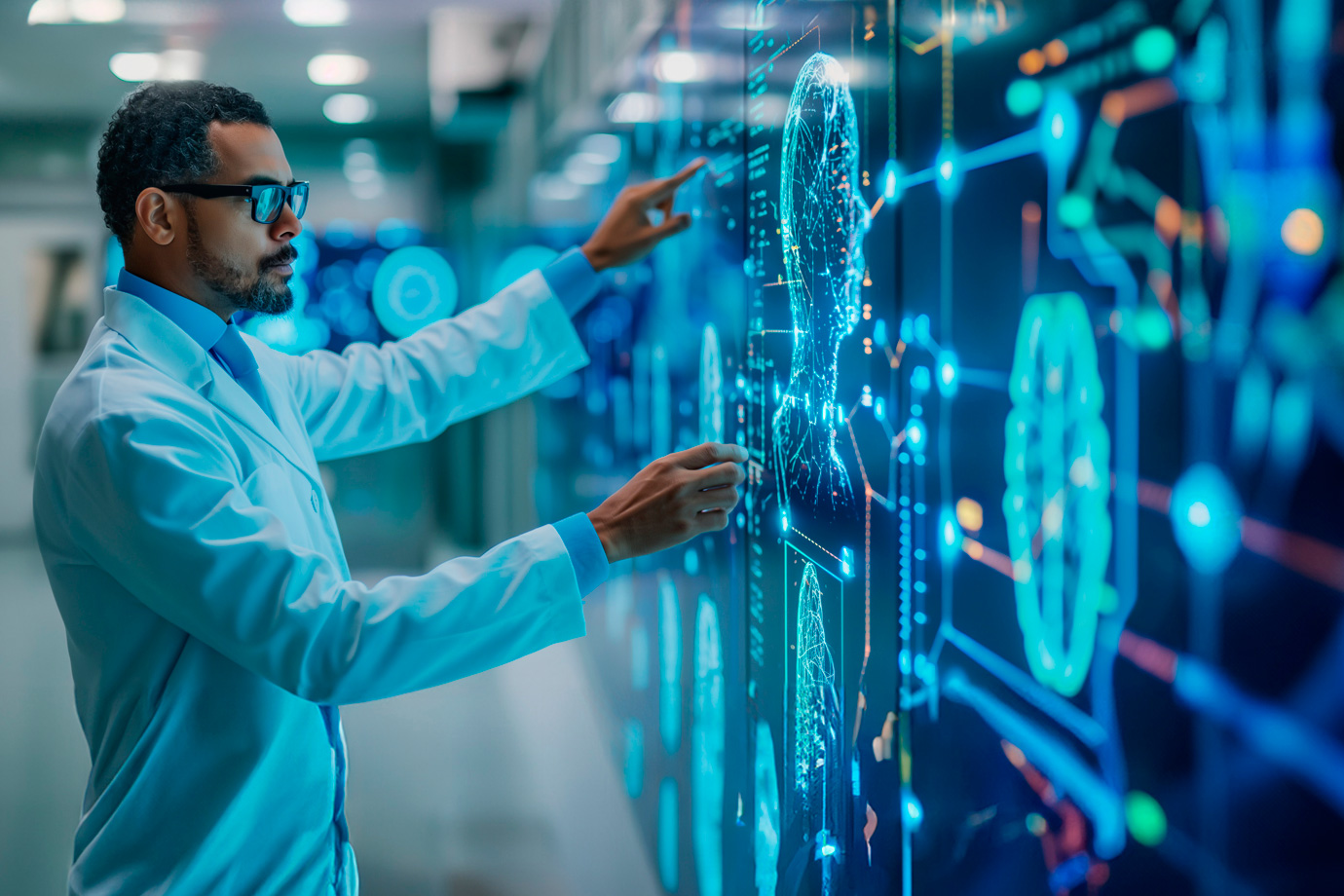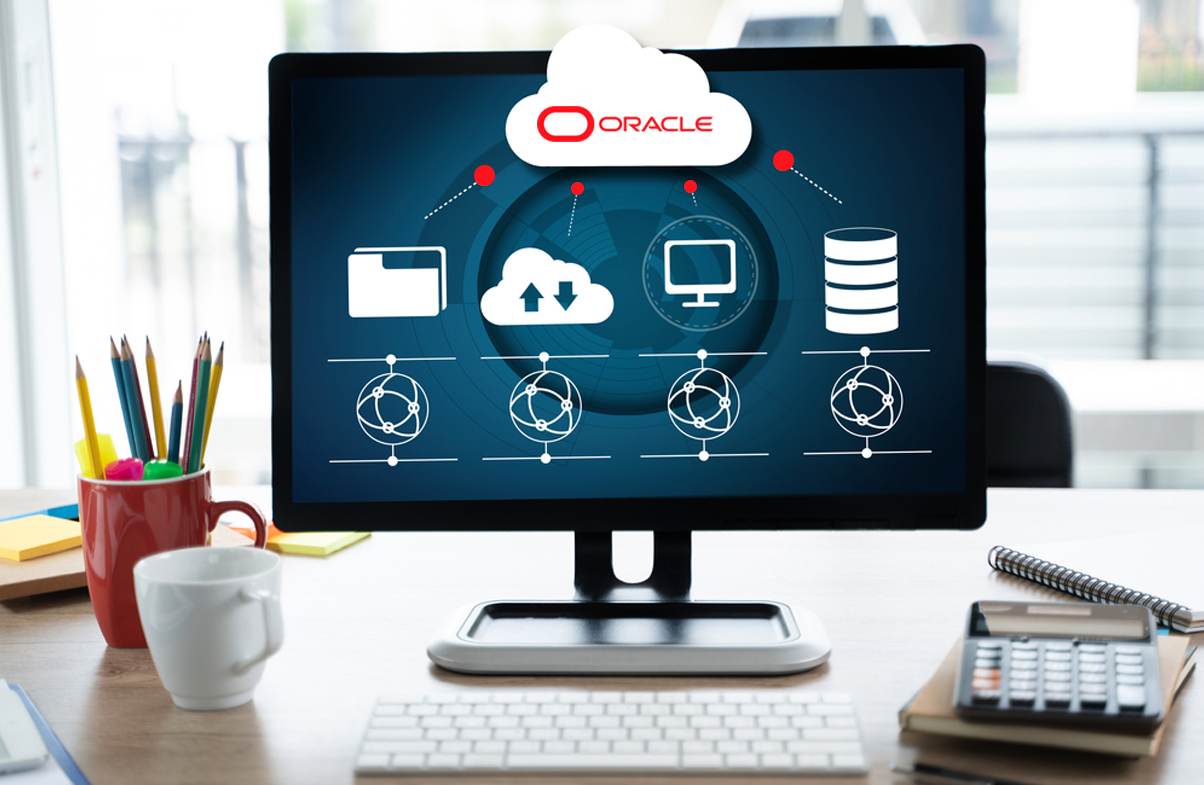How Generative AI Is Transforming Clinical Documentation in Healthcare

08 Jul 2025
Doctors didn’t sign up to become typists, but that’s what clinical documentation often turns them into.
From progress notes to discharge summaries, clinicians spend a significant portion of their day on medical records. This not only delays patient care but also contributes to burnout, stress, and even medical errors.
That’s why Generative AI in healthcare is gaining momentum. Using advanced language models and real-time transcription, today’s AI tools are helping providers save time, improve documentation accuracy, and focus more on patients.
At NanoByte Technologies, we specialize in designing and deploying AI-driven documentation tools that integrate seamlessly with clinical workflows. Our goal? To make healthcare faster, smarter, and easier for everyone involved.
The Problem: Documentation Overload in Modern Healthcare
Clinical documentation is essential for patient safety, billing, legal compliance, and continuity of care. But the process is often:
- Time-consuming: Up to 30 minutes per patient
- Error-prone: Missed notes and data inconsistencies
- Emotionally draining: High screen time = low patient interaction
Even with EMRs, clinicians are often navigating clunky interfaces and repetitive tasks.
This is where AI clinical note generation and Electronic Health Record (EHR) automation change the game.
What Is Generative AI in Healthcare?
Generative AI refers to advanced models that can create structured content based on input like speech, short text, or patient interactions. In clinical settings, it’s being used to automatically:
- Generate medical notes during consultations
- Transcribe conversations using voice recognition in medical documentation
- Interpret and structure unorganized data
- Auto-fill EHR forms with contextual accuracy
By acting as a real-time assistant, AI medical scribe tools lighten the load on healthcare providers. These systems use Natural Language Processing (NLP) in healthcare to understand clinical terminology, context, and intent and then translate it into usable, high-quality documentation.
Benefits of AI-Driven Clinical Documentation Tools
1. Save Time, See More Patients
With AI clinical note generation, what used to take 15–20 minutes now takes seconds. Doctors spend more time in face-to-face care and less behind a keyboard.
2. Improve Accuracy & Consistency
AI systems ensure consistent formatting and capture of patient information, which helps reduce documentation errors and improves audit readiness.
3. Automate Your EHR Workflow
Electronic Health Record (EHR) automation allows seamless data syncing, auto-complete features, and template suggestions, all while complying with data standards.
4. Ambient & Contextual Support
With Ambient AI in medicine, smart systems run passively in the background, capturing conversations, understanding tone, and generating notes without disrupting the natural flow of a visit.
5. Voice-to-Note in Real Time
Doctors can speak freely while healthcare AI transcription tools turn their words into structured summaries, ideal for high-volume clinics or urgent care settings.
Real-World Use Case: AI Medical Scribe in Action
Imagine a busy pediatrician handling 20 patients a day. Instead of typing after every visit, they wear a small mic. During the consultation, the system listens quietly.
Once the visit ends, the tool:
- Creates a structured SOAP note
- Updates the patient’s EHR
- Prepares a referral summary, if needed
The provider only needs to review and approve, saving hours per week and reducing cognitive load.
Why NanoByte Technologies?
At NanoByte Technologies, we understand that healthcare requires precision, speed, and compliance. Our AI-driven clinical documentation tools are designed with real users in mind, scalable, secure, and adaptable to any clinical environment.
Our solutions include:
- Voice recognition in medical documentation with 98%+ accuracy
- Custom NLP models trained on medical datasets
- Full EHR integration with minimal disruption
- Cloud and on-premise deployment options
- HIPAA-ready security features
Whether you're a clinic, hospital, or telehealth provider, we deliver tools that fit your workflow, not the other way around.
NLP and Healthcare: A Perfect Match
Natural Language Processing in healthcare allows systems to understand not just words, but medical meaning. For example, it knows the difference between “discharge” as a symptom and “discharge” as part of care.
This allows generative systems to:
- Handle medical abbreviations
- Recognize different physician dictation styles
- Contextually group symptoms and diagnoses
- Automatically code visits for billing
These features make AI-powered medical documentation not only faster but also more reliable and intelligent.
Security and Compliance Matter
We build every solution with compliance at the core. Our tools follow strict guidelines for:
- HIPAA and GDPR data protection
- Role-based access control
- Encrypted data transfer
- Detailed audit trails
Smart technology should never come at the cost of security. With NanoByte, you get both.
Conclusion: It’s Time to Upgrade Clinical Documentation
Clinical documentation is vital, but it doesn’t have to be painful.
With generative AI in healthcare, providers can eliminate repetitive tasks, reduce burnout, and improve care quality. Whether it’s transcription, note generation, or full EHR automation, the future of healthcare is intelligent, fast, and accurate.
At NanoByte Technologies , we don’t just follow trends, we build solutions. Let us help your organization streamline documentation, boost efficiency, and stay future-ready.
Ready to transform your workflow?
Get a free consultation today and explore how we can customize an AI-powered documentation solution for your practice.

.jpeg)



